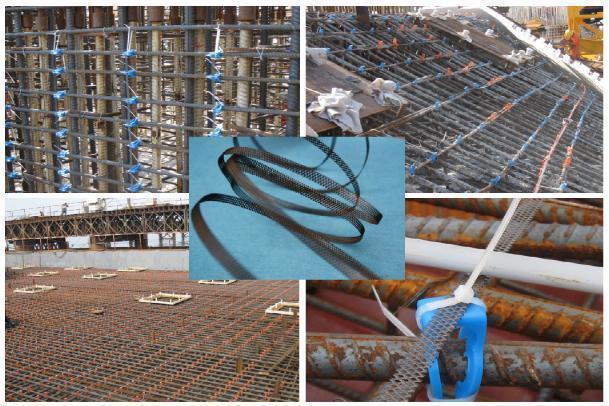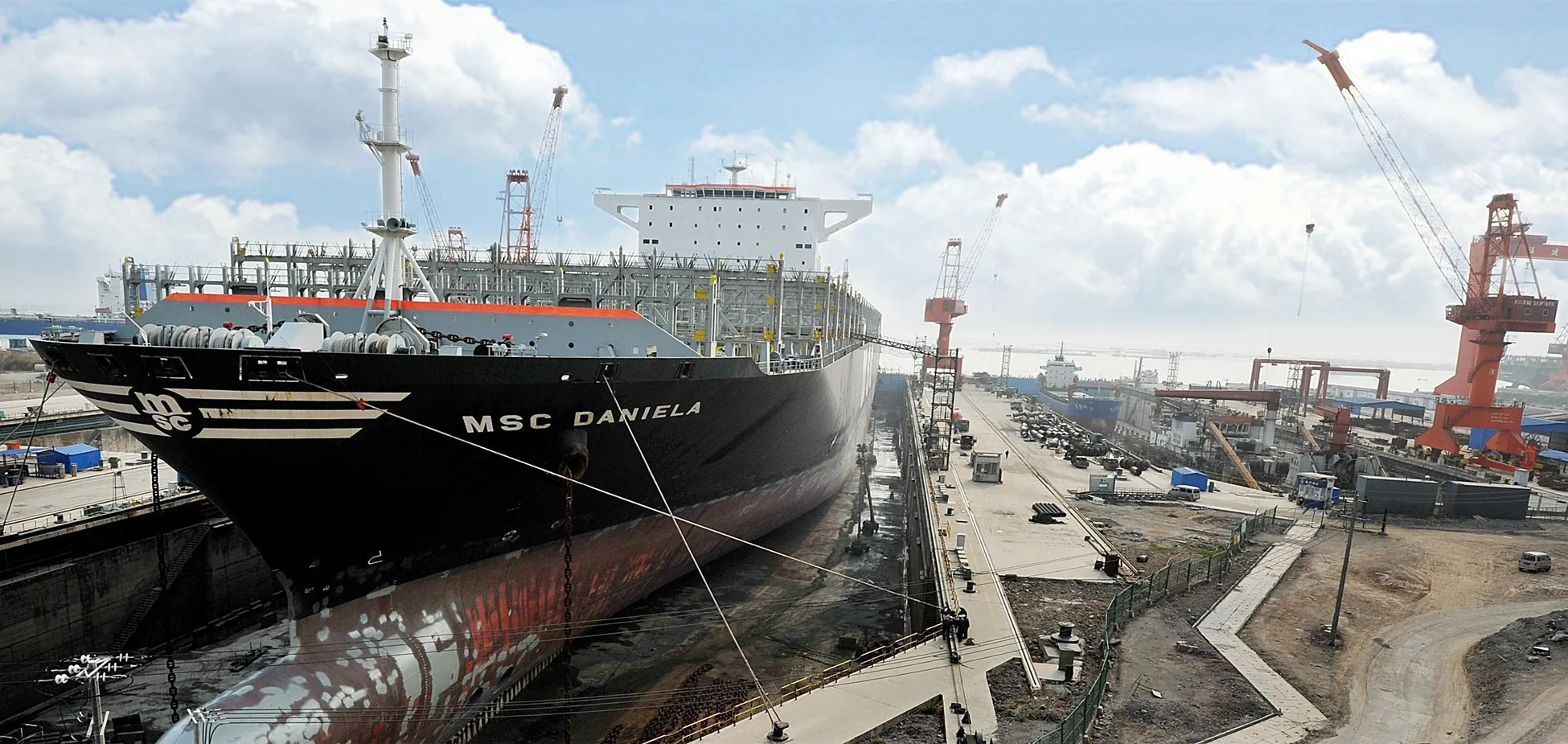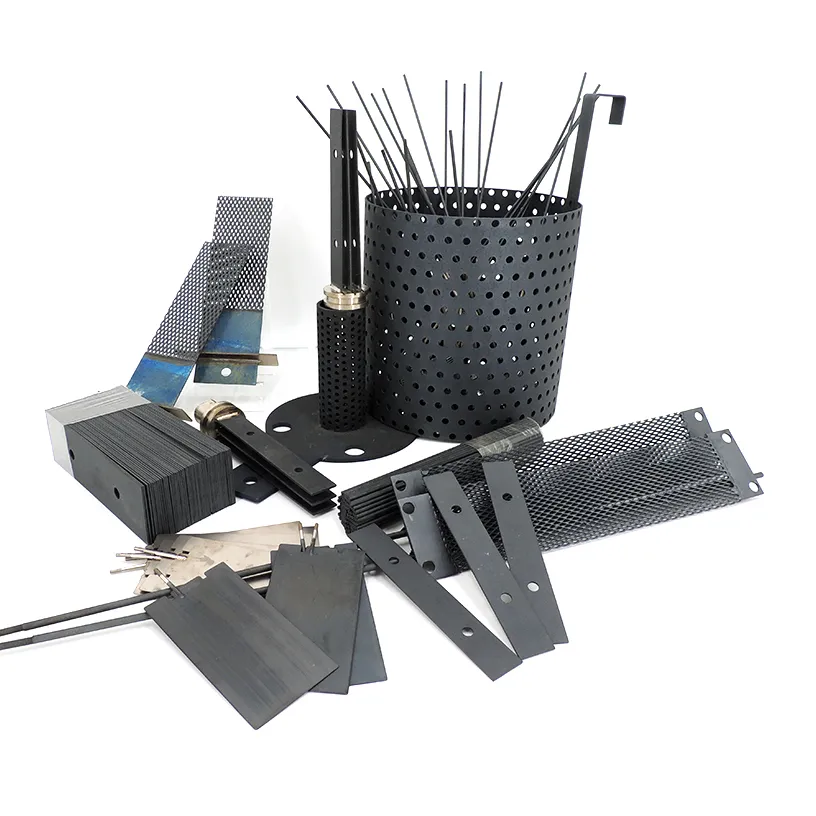ICCP (Impressed Current Cathodic Protection) anodes have emerged as indispensable assets in safeguarding the maritime industry, where they play a pivotal role in shielding ships from the relentless forces of corrosion. In this blog post, we delve into the present state of ICCP anodes, their inherent limitations, and the groundbreaking innovations poised to reshape their future as we step into 2023.
Defining ICCP Anodes
ICCP Anodes, short for Impressed Current Cathodic Protection Anodes, are specialized devices engineered to combat the relentless forces of corrosion that threaten metal structures exposed to saltwater. These structures, ranging from colossal vessels to sprawling offshore installations, rely on ICCP anodes as their first line of defense against the corrosive effects of the marine environment.
Table of Contents
How ICCP Anodes Prevent Corrosion?
ICCP (Impressed Current Cathodic Protection) Anodes safeguard metal structures from corrosion by using controlled electrical currents. These anodes, made from materials like graphite, mixed metal oxide, or platinum-coated titanium, are connected to structures, like pipelines or ships, and an external power source.
The anodes release electric current, creating a negative charge on the structure’s surface, effectively making it the cathode of an electrochemical cell. This process significantly reduces or prevents corrosion by inhibiting the oxidation reaction.
ICCP systems are vital for industries where corrosion protection is crucial, offering a durable solution against metal deterioration.
Importance of ICCP Anodes in the Maritime Industry
ICCP (Impressed Current Cathodic Protection) Anodes play a vital role in the Maritime Industry by effectively preventing corrosion of metal structures submerged in seawater. These anodes are a corrosion control technology that utilizes an electrical current to protect ships, offshore platforms, and underwater infrastructure such as pipelines and piers.
ICCP Anodes work by generating a controlled electrical current that counteracts the natural electrochemical process of corrosion. They are typically installed on the hull of ships or submerged structures, and their electrical potential helps to protect these metal surfaces from rust and degradation. This technology is crucial in extending the lifespan of maritime assets, reducing maintenance costs, and ensuring the safety and reliability of vessels and offshore installations.
In essence, ICCP Anodes are a proactive and cost-effective solution for safeguarding critical maritime assets against the corrosive effects of seawater, contributing to the longevity and operational efficiency of vessels and maritime infrastructure.
Types of ICCP Anodes
Impressed Current Cathodic Protection (ICCP) anodes are crucial components in cathodic protection systems, which are employed to prevent corrosion in metal structures, especially in marine environments. Here is a description of different types of ICCP anodes and their applications:
1. Platinum-coated Titanium Anodes:
- Material: These anodes are made of titanium and have a thin coating of platinum.
- Features: They offer high corrosion resistance and electrical conductivity.
- Applications: They are commonly used in seawater environments, including offshore platforms, ships, and marine structures. Their durability makes them ideal for long-term protection.
2. Mixed Metal Oxide (MMO) Anodes:
- Material: These anodes are titanium-based and are coated with a mixture of metal oxides, typically including ruthenium and iridium.
- Features: MMO anodes are known for their long lifespan and stability in various environments.
- Applications: They are used in various settings, including soil, freshwater, and seawater. Typical applications include pipelines, tank bottoms, and marine structures.
Overview of ICCP Anode Forms
Impressed Current Cathodic Protection (ICCP) anodes come in various forms to suit different applications and conditions. Below is a description of the different forms of ICCP anodes:
1. Tubular Anodes:
- Description: These are cylindrical anodes, often made of titanium tubes filled with conductive material and coated with a suitable metal oxide.
- Advantages: They have a large surface area relative to their volume, which ensures even current distribution, and can be installed vertically or horizontally.
- Applications: Commonly used in deep well groundbeds, marine structures, and reinforced concrete structures.
2. Rod Anodes:
- Description: As the name suggests, these are rod-shaped anodes.
- Advantages: Easy to install and can be grouped together to increase the protective current.
- Applications: Typically used for protecting pipelines, tanks, and other buried structures.
3. Ribbon Anodes:
- Description: These are flat, narrow, and elongated anodes.
- Advantages: They provide a continuous source of protective current along their length, ensuring even protection.
- Applications: Ideal for protecting long structures like pipelines, and are also used in concrete structures.
4. Disk Anodes:
- Description: These are disk or plate-shaped anodes.
- Advantages: They can provide a broad spread of current over a large area.
- Applications: Commonly used for marine applications, such as hull protection of ships and boats.
5. Mesh Anodes:
- Description: These are anodes in the form of a mesh or grid.
- Advantages: They provide uniform current distribution over large surfaces.
- Applications: Often used in concrete structures like bridges, piers, and parking garages.
In summary, the form of the ICCP anode is chosen based on the specific requirements of the application, the structure’s geometry, and the environment in which the structure is located. The different forms of anodes allow for flexibility in design and ensure that an effective cathodic protection system can be implemented for a wide range of structures and conditions.
Conclusion
ICCP anodes are vital in the maritime industry, acting as a shield against relentless corrosion. Designed for structures exposed to the marine environment, they ensure durability and safety for significant maritime assets. This blog offers a comprehensive look at their types, forms, and importance, emphasizing their role in cost-saving and efficiency as we move into 2023.




